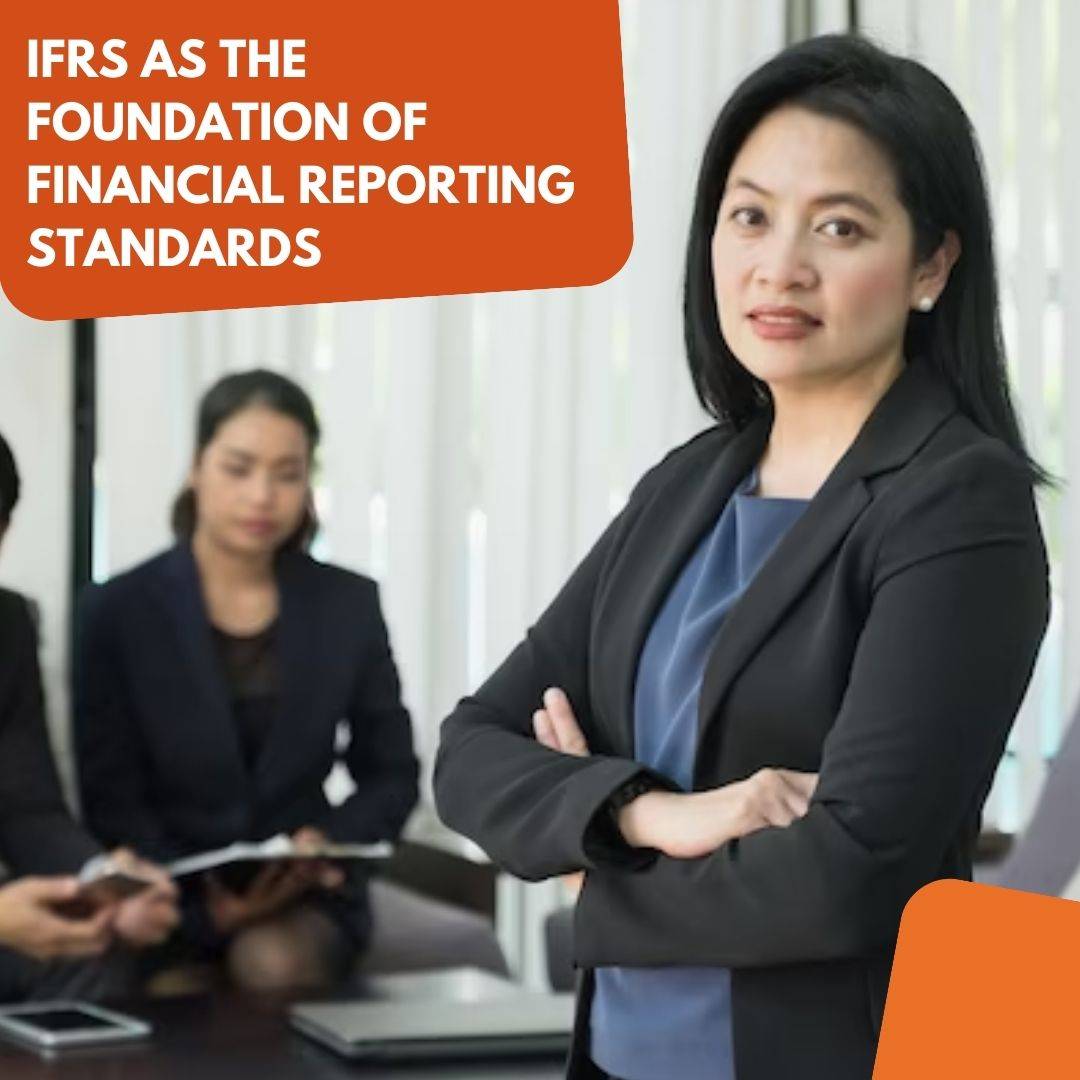International SAK (IFRS) as the Foundation of Financial Reporting Standards in Indonesia
The importance of transparent, consistent, and reliable financial information has become a primary focus in the global business world. Stakeholders, such as investors, creditors, and regulators, rely on accurate financial statements to make right decisions and assess the company's performance. To ensure conformity and alignment in financial reporting across various countries, the International Financial Reporting Standards (IFRS) or International Accounting Standards (IAS) have been adopted as guiding principles by many nations worldwide.
In this article, TGS AU Partners will discuss the significance of IFRS as a fundamental pillar in the Financial Accounting System (FAS) of Indonesia. Additionally, we will highlight the key differences between IFRS and Indonesian Accounting Standards (IAS), and how the convergence of these standards has benefitted the financial market and businesses in Indonesia.
Background of Issuing (IFRS) in Indonesia
Financial Reporting Standards (the acronym in Bahasa "SAK")is a set of rules, standards, and principles used to prepare the financial statements of an entity. In Indonesia, SAK plays a crucial role in providing guidance to businesses, accountants, and other stakeholders in preparing and interpreting financial information. However, with the increasing global significance of economic and financial roles, Indonesia recognizes the importance of aligning its national accounting standards with internationally accepted ones.

In response to the dynamics of the global economy, the issuance of International Financial Reporting Standards (IFRS) has been a critical step taken by the International Accounting Standards Board (IASB). IFRS has been widely adopted in various countries around the world, including Indonesia.
Differences Between International Financial Reporting Standards (IFRS) and Indonesian International Accounting Standards (SAK Internasional)
Before discussing the differences, let's review the definition of both accounting systems. The Financial Reporting Standards (SAK) is a set of standards, principles, and rules used to prepare the financial statements of an entity. In Indonesia, SAK is issued by the Financial Accounting Standards Board (DSAK) under the Ministry of Finance of the Republic of Indonesia. On the other hand, International Financial Reporting Standards (IFRS), also known as SAK Internasional, are global accounting standards issued by the International Accounting Standards Board (IASB).
Our Service Recommendations
Now, here are the general differences between International Financial Reporting Standards (IFRS) and SAK Indonesia:
1. Issuance and authority
SAK Indonesia is issued by the Financial Accounting Standards Board (DSAK) under the Ministry of Finance of the Republic of Indonesia, while IFRS is issued by the International Accounting Standards Board (IASB), an independent body based in London, United Kingdom.
2. Emphasis on principles vs. rules
SAK Indonesia tends to use more detailed rules in regulating specific accounting aspects. In contrast, IFRS emphasizes general principles, providing greater interpretative flexibility for entities in its application.
3. Presentation of financial statements
There are differences in the format and presentation of financial statements between SAK Indonesia and IFRS. For example, in the measurement of property, plant, and equipment, SAK Indonesia uses the cost model, while IFRS allows the cost model or fair value model.
4. Adjustment to local conditions
SAK Indonesia may undergo specific adjustments to accommodate local conditions or regulations in Indonesia. In contrast, IFRS is designed as a global standard and tends not to make direct adjustments for each country.
Understanding these differences is crucial for businesses and accountants in Indonesia to implement accounting standards that are suitable and compatible with the global business environment while still complying with national regulations and standards.
Conclusion
International Financial Reporting Standards (IFRS), commonly known as SAK Internasional, has become a vital pillar in the preparation of financial statements in Indonesia. By adopting IFRS, Indonesia can more easily integrate into the global market, strengthen the transparency and accountability of entities, and enhance the quality of financial information provided to stakeholders. Despite the differences between International Financial Reporting Standards and Indonesian Accounting Standards (SAK), this convergence represents Indonesia's commitment to actively participate in the global economic community and boost the competitiveness of companies in the international market.
News & Articles Recommendations.





